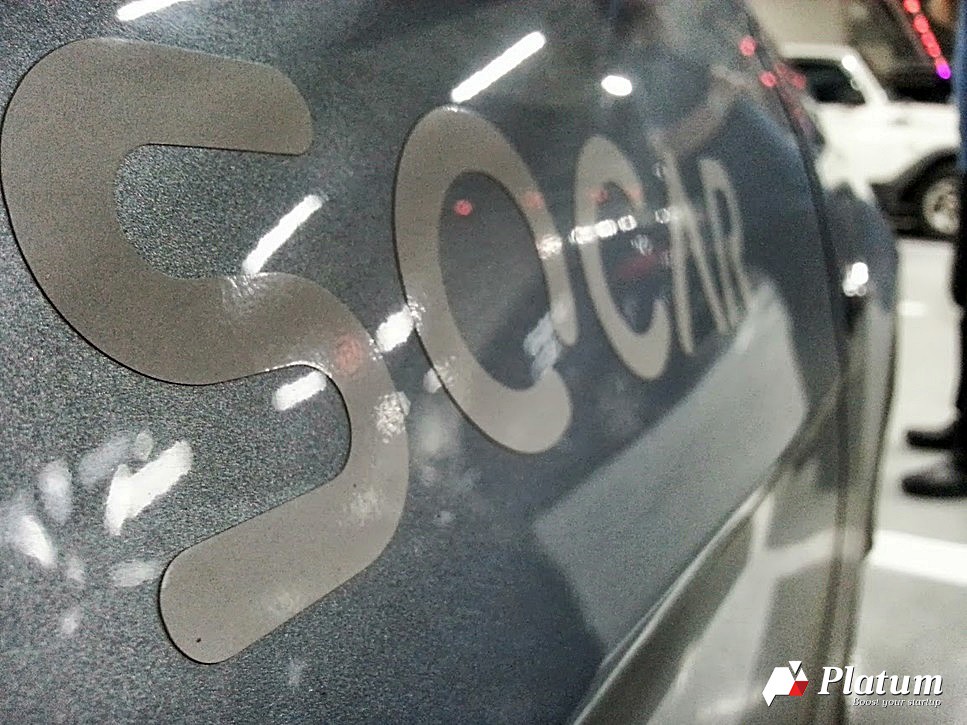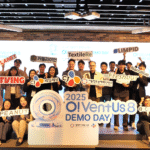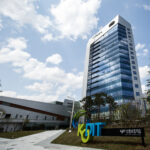
On Nov. 6, South Korea’s leading ride-sharing service company Socar announced that it will roll out a taxi hailing service beginning early next year.
In addition to the launch of its new cab hailing service, Socar plans to add a variety of new types of on-demand services that will allow users to choose an appropriate means of transportation according to their individual needs and traffic situations.
Ride-sharing has a lot of economic, environmental and social benefits. According to research reports published in Europe and the U.S., a high proportion of car-sharers use public transportation before or after using shared cars, creating greater demand for better transit centers connecting roads to public transport.
Car-sharers on average are reported to increase their overall public transit use by almost 40%, and become significantly less willing to buy cars, thereby significantly reducing their spending on cars and reducing the number of cars on the road. The reports also show that the more car-sharing services become connected to other means of transportation, the more effective it becomes in reducing car-ownership rate and negative environmental impacts resulting from an increase in the number of vehicles.
For over a year, Socar has been operating a background check system, whereby users can check other car sharers’ travel records for their rating scores. Socar’s newly launching taxi calling service plans to strengthen ties and facilitate connections between taxi drivers and Socar users, based on its well-established rating system. It also plans to roll out a real time service in which users can check availability of nearby taxis and read reviews of taxi drivers.
Last October, Socar secured a $18M investment from Bain Capital. In addition, Socar has also successfully attracted funding from Collaborative Fund, the leading seed capital well known for its investments in mission-driven and resource-sharing businesses.
Analysts pointed to a dramatic rise in industry and market interest in the sharing economy as a key trigger in this landmark investment. Car sharing in particular has been growing rapidly for some time in Korea due to the country’s exceptionally high population density and well-integrated public transit system. The fact that the Seoul city government has been seeking to put a ban on Uber, a global ride-sharing service company that provides similar features to Socar’s ride-sharing services in Korea, will also be a positive factor for the team at Socar.
Socar was selected as the official car-sharing company by the Seoul Metropolitan Government in 2013, and was the first company among its industry peers to be officially recognized as a B Corporation (Benefit Corporation). Starting with only 100 Hyundai Sonatas, the company expanded its total number of cars to over 1,500 vehicles within two years. Now the company claims to have a community of over 50,000 users. In 2014, Socar has earned $30M in annual sales.
Source : Socar Plans to Launch a Taxi Hailing Service Beginning Next Year






Leave a Comment